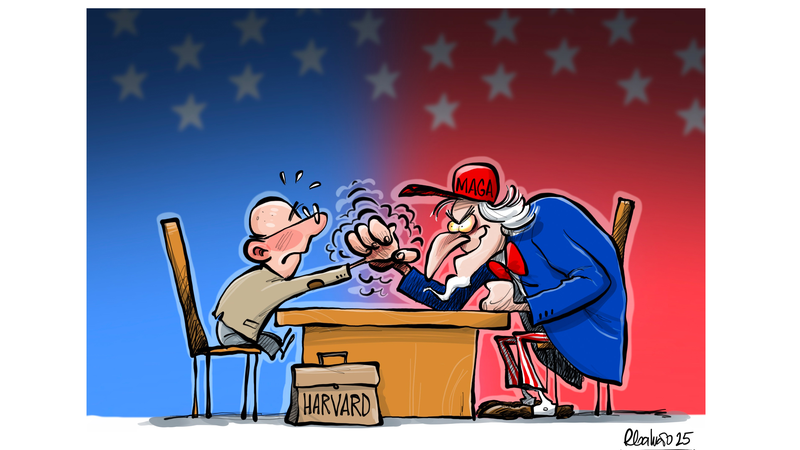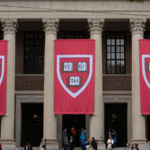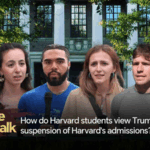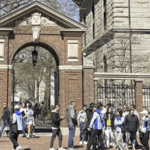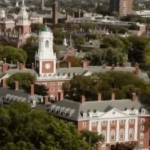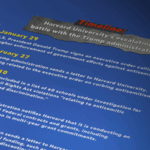The U.S. government's recent suspension of Harvard University's ability to enroll foreign students has ignited a high-stakes legal battle, raising questions about academic freedom and immigration policy. The move, part of broader efforts to limit international student numbers, prompted Harvard to file a lawsuit challenging the directive. A federal judge has temporarily halted the ban pending further review.
President Donald Trump's administration has demanded that foreign student enrollment at Harvard not exceed 15% and requested a list of international students—a measure critics argue could deter global talent. The conflict comes as U.S. universities face increasing scrutiny over their reliance on overseas students, who contribute significantly to academic diversity and institutional funding.
For Asia-focused observers, the case carries particular weight. Over 40% of Harvard's international students hail from Asian countries, with many pursuing STEM fields critical to global innovation. The outcome could reshape academic mobility patterns, potentially redirecting students toward emerging education hubs in Singapore, South Korea, and the Chinese mainland.
Business leaders warn that restrictive policies might disrupt talent pipelines for multinational corporations, while diaspora communities express concerns about reduced opportunities for cross-cultural exchange. The case continues to unfold, with legal experts predicting prolonged court battles over federal authority in education policy.
Reference(s):
When classrooms become battlegrounds: Trump's war on academia
cgtn.com
